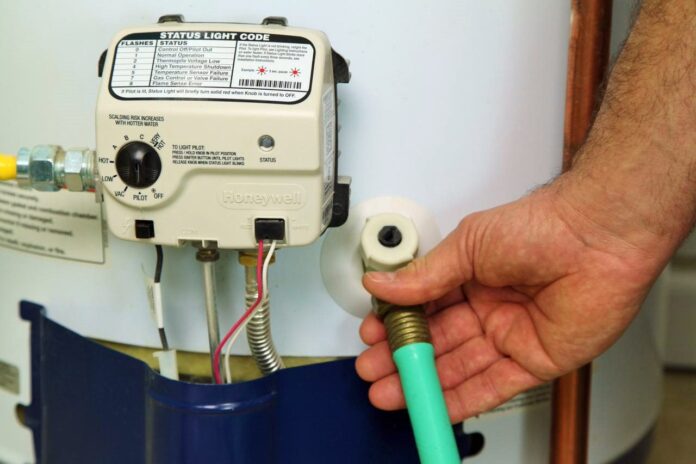By Mohammed Nazeem
Kooline plumbing
A water heater flush is performed by a professional who will drain all of the water from your water heater tank. It may sound pointless, but the real benefit of draining the water is to flush out any debris that builds up at the bottom of the tank.
What is this sediment and where does it come from?
The sediment is part of your water, and when your water heater increases the temperature of the water, the minerals like calcium and magnesium are released into the bottom of the tank. Water containing these elements is often referred to as “hard water”. You see, many areas in Arizona have hard water.
Over time, the minerals in hard water will settle to the bottom of your water heater, causing “sedimentation”.
Well, a small amount of sediment build-up isn’t necessarily harmful. But if your water heater doesn’t flush over the years, these deposits can cause your tank to burst (among other costly problems).
How often do I have to flush my water heater?
The frequency depends on how hard your water is.
Three problems you can avoid with a water heater purge:
A premature breakdown
If sediment builds up inside your tank, it isolates the water from the burners. This will force your water heater to eventually overheat the water. And when water heats up, it expands. The hotter the water gets, the more pressure builds up in the tank – until it bursts a leak or, worse, explodes.
And the worst? Before your water heater dies, you will likely see frequent, expensive repairs due to sediment build-up. For example, if debris builds up on the heating element of your water heater, it may overheat and require replacement.
Lack of hot water
This problem is simple: if you have a 30 gallon water heater with 10 gallons of sediment, you now have a 20 gallon water heater. This is a drastic difference in hot water supply, especially if you have several people in your household.
Noise from the water heater.
If a water heater builds up in the tank, it will make loud popping or knocking noises. These popping noises are caused by overheated water and steam pounding the sediment at the bottom of the tank as it tries to rise.
602-920-6000
KoolinePlumbing.com
This sponsored content was first published in the November issue of InMaricopa magazine.


Comments are closed.